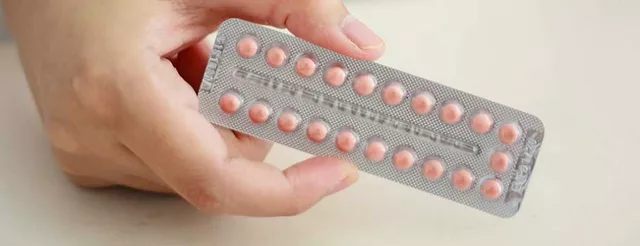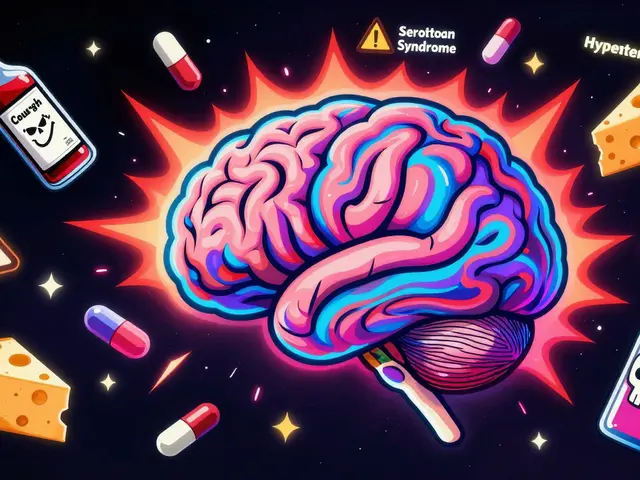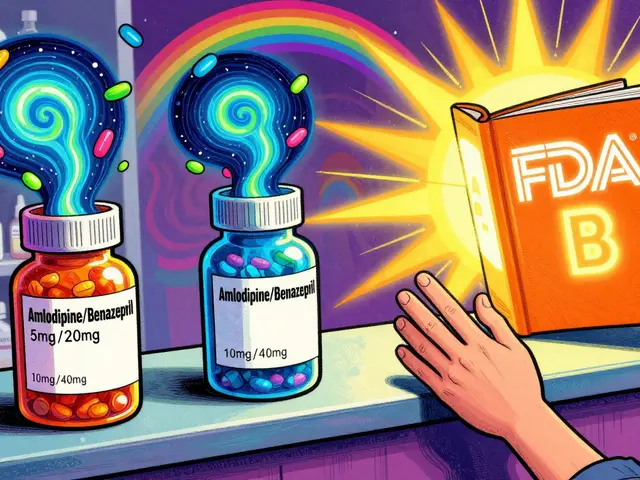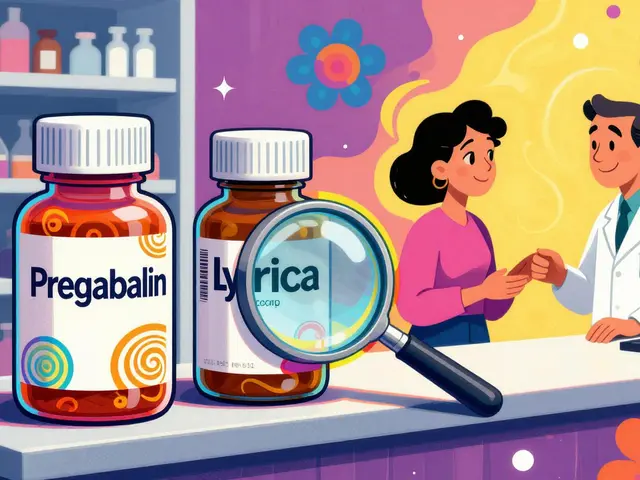Alcohol and Anemia: What You Need to Know
If you enjoy a drink now and then, you might wonder if it can mess with your blood. The short answer is yes – too much alcohol can lead to anemia, a condition where you don’t have enough healthy red blood cells. Below we break down why this happens and what you can do about it.
How Alcohol Leads to Anemia
First off, alcohol interferes with how your body handles iron. Iron is the main ingredient your bone marrow uses to make red blood cells. When you drink heavily, your gut becomes less efficient at absorbing iron from food. At the same time, alcohol can damage the lining of your stomach and intestines, causing tiny bleeds that waste iron.
Second, alcohol hurts the bone marrow itself. The marrow is where new blood cells are born, and chronic drinking can suppress its activity. This means fewer red blood cells get produced each day.
Third, many people who drink heavily also have poor nutrition. They might skip meals or rely on cheap, low‑nutrient foods. Without enough vitamin B12, folate, or iron‑rich foods, anemia becomes more likely.
Practical Ways to Protect Your Blood
If you’re worried about anemia, start with these simple steps:
- Watch your intake. Aim for no more than one drink a day for women and two for men. This limit reduces the strain on your gut and marrow.
- Boost iron‑rich foods. Add red meat, beans, lentils, spinach, and fortified cereals to meals. Pair them with vitamin C (like orange juice) to improve absorption.
- Don’t skip B vitamins. Eggs, dairy, leafy greens, and whole grains give you B12 and folate, both essential for healthy red blood cells.
- Stay hydrated. Alcohol dehydrates you, which can make blood thicker and worsen fatigue. Drink water between alcoholic drinks.
- Get checked. A simple blood test shows your hemoglobin and iron levels. If you notice tiredness, shortness of breath, or pale skin, see a doctor.
Remember, occasional drinking isn’t automatically dangerous, but regular heavy use raises the risk of anemia over time. Making small changes to your diet and drinking habits can keep your blood in good shape without giving up the social side of a drink.
Bottom line: Alcohol can steal iron, hurt bone marrow, and lead to low red‑cell counts. By watching how much you sip, eating iron‑packed foods, and getting routine check‑ups, you protect yourself from anemia while still enjoying life responsibly.
Alcohol's Effects on Anemia: What Happens When You Mix Drinking and Low Iron
Drinking alcohol can have a real impact on anemia, but most folks don’t realize just how deep the connection goes. This article breaks down how alcohol messes with your body’s ability to make and use red blood cells. You'll also find out why some drinks might be riskier than others, and get simple tips to better manage your iron levels if you enjoy a night out. We’re mixing facts, science, and practical advice so you can handle things smartly. No fluff—just what you actually need to know about anemia and alcohol.






